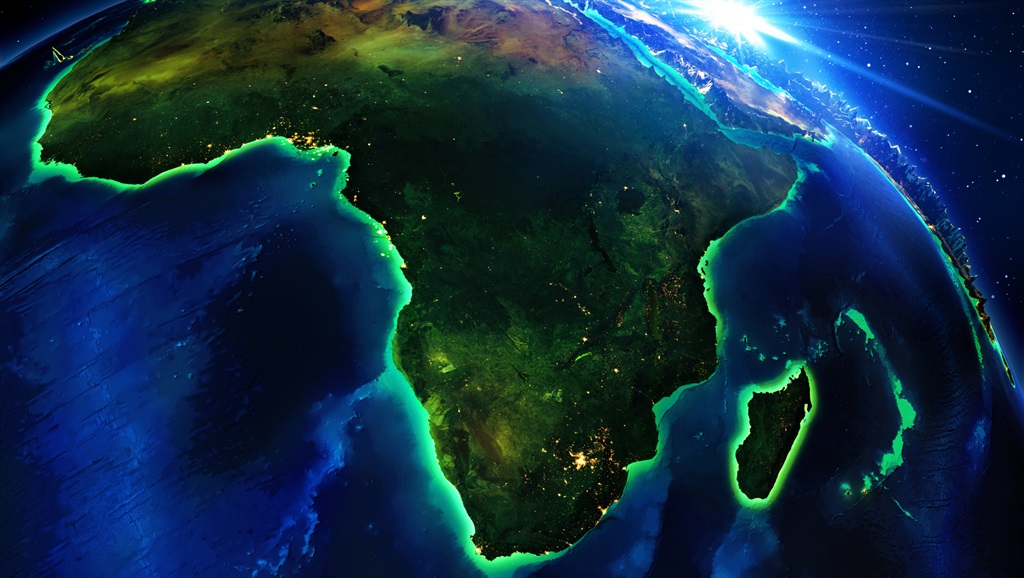
It is that time of the year again when we celebrate Africa Month.
It is an ideal time to confront some of the difficult issues pertaining to the African continent, reflect on the long road travelled until the formation of the Organisation of African Unity, which later became the African Union, and it is time to take stock.
This time around I am reflecting on the future of South Africa in the context of Africa as a whole.
There appears to be confusion about the future of South Africa. Often we discuss South Africa in a global context but forget about Africa.
We think of the developments globally, and there is preoccupation with United States of America and Europe as well as China lately, and how these impact on South Africa. At times we mainly consider internal South African dynamics as we reflect on the future of South Africa.
Fundamentally, the future of South Africa is in Africa. After all, perhaps simplistically, South Africa is in Africa.
Put differently, South Africa is an African country which will inevitably be part of the “African nation” – the envisaged African nation would be a constellation of all countries in the south of the Sahara as well as the greater global African family.
Granted, there are still many questions to be answered such as how would a single African country look like and be governed as well as the processes leading to a one Africa.
One thing for sure is that Pan-African unity is paramount for Africa’s future.
It was through Pan-Africanism and African nationalism that political independence became a reality in Africa.
Pan-Africanism is simply an agenda aimed at uniting all Africans wherever they are.
It is a pursuit of the renaissance of Africa – referring to Africa’s rebirth. African nationalism has to do with the complete decolonisation of the African continent. As Kwesi Kwaa Prah puts it: “Pan-Africanism is the longstanding nationalist desire of Africans to unite as Africans.”
It is important to understand why Africa finds itself where it finds itself – and the circumstances of Africans the world over.
The starting point is to delve deeper into our histories and the world history.
There are many versions, and we must wrestle with all the different versions. To understand the present and to plan better for the future we must understand the past.
The need to better understand Africa and ourselves as Africans would greatly help as we devise strategies and tactics aimed at ensuring a united Africa and in the struggle against neo-colonialism and imperialism.
It will also help greatly in sharpening our understanding of what the end goal is, also the long painful road we are embarking upon towards the African nation.
There would be major sacrifices and lives would be lost, for imperialisms would fight back.
We need to put in place strategy and tactics to bringing about the Africa we want.
There are many views about the “Africa we want” and the African Union recently unveiled Agenda 2063. We would need to have consensus regarding the Africa we want.
I think the end goal is clear: a united prosperous Africa. Among other things, this implies that we would have to get rid of the artificial borders that divide us and we must allow our languages to thrive as well as ensure that our communities are sufficiently empowered.
These things are easier said than done. There are many among us who prefer the artificial borders – and it is not in the interest of our political leaders to dismantle the borders.
Similarly, many of us – though it has been proven that we cannot advance while using foreign languages – frown upon a view that we must not suppress our indigenous languages.
There is serious consciousness mobilisation that must be vigorously pursued. We should not be exasperated for critical consciousness and thought liberation is a process – and it is still early days.
There are many reasons why it is problematic to think of South Africa outside the African continent.
Besides the fundamental issue of Pan-African unity and the ultimate single African nation, the Continental Free Trade Area, the Agenda 2063, migration policies and regional integration are among the practical issues that will directly impact on the future of South Africa.
Many challenges and or initiatives, say the structural transformation of African economies, must be pursued as endeavour for the continent as a whole.
Regional integration must be comprehensive, than just economic aspects, and people-to-people relations should be enhanced.
Bigger countries in Africa, say South Africa and Nigeria, must cooperate and lead the process of the reunification of our troubled continent.
• Gumede heads the Thabo Mbeki African Leadership Institute at Unisa




 Publications
Publications
 Partners
Partners








